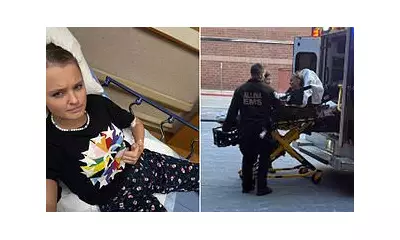
ITV's resident doctor Amir Khan has issued an urgent health warning that could save lives, highlighting a commonly overlooked symptom that might indicate pancreatic cancer.
The Silent Killer: Pancreatic Cancer
Pancreatic cancer remains one of the deadliest forms of the disease, with survival rates significantly lower than many other cancers. Dr Khan emphasises that early detection is crucial, yet many people dismiss the vital warning signs.
The Symptom You Might Be Mistaking for Indigestion
"One of the key symptoms people often ignore is persistent tummy pain that radiates through to the back," Dr Khan explained during his appearance on ITV's Lorraine. "Many people put this down to indigestion or general discomfort, but when it's persistent and won't go away, it could be something much more serious."
Other Warning Signs to Watch For
Dr Khan outlined several other symptoms that should prompt immediate medical attention:
- Unexplained weight loss without changes to diet or exercise
- Yellowing of the skin or eyes (jaundice)
- Changes in bowel habits that persist
- Loss of appetite or feeling full quickly
- Recently developed diabetes without obvious cause
Why Early Detection Matters
Pancreatic cancer is particularly challenging because symptoms often don't appear until the disease has advanced. "By the time people notice symptoms and seek help, the cancer may have already spread," Dr Khan warned. "That's why being aware of these subtle early signs is so important."
When to See Your GP
Dr Khan urges anyone experiencing persistent symptoms to visit their GP without delay. "Don't be embarrassed or think you're wasting anyone's time," he stressed. "It's always better to get things checked out early. If your symptoms persist for more than two weeks, make that appointment."
The doctor's warning comes as part of ongoing efforts to improve cancer detection rates across the UK, with healthcare professionals encouraging the public to be more vigilant about changes in their bodies.





